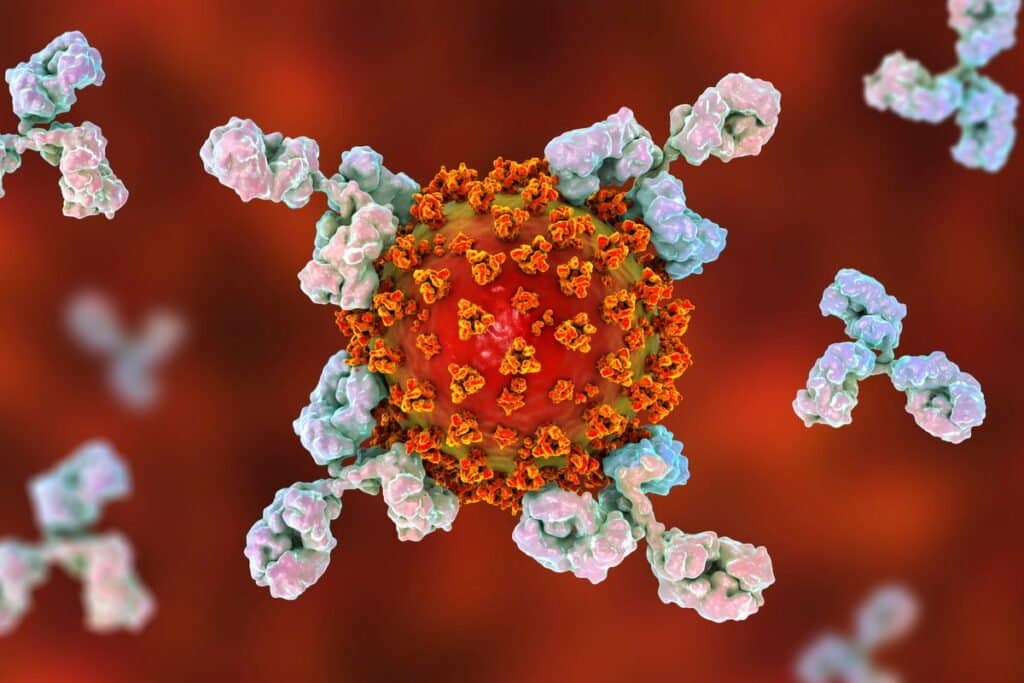A new study shows that immune cells primed to fight the coronavirus should persist long after someone has been vaccinated or recovered from the infection.
Covid-19 patients who have recovered from the disease still have robust immunity from the coronavirus eight months after infection, according to a new study. The result is a sign that the authors interpret as encouraging.
According to the authors, immunity to the virus could probably last for many years and alleviate fears of the need for repeated booster doses to protect individuals and control the disease. pandemic.
“There was a lot of concern early on that this virus might not induce much immune memory,” he says Shane Crotty, a researcher at the La Jolla Institute of Immunology in California and co-author of the new paper. “Instead, the immunity obtained seems quite good.”

Long-term immunity
The study, published yesterday, January 6, 2021, in Science, contrasts with previous results. Old studies suggested that immunity to covid-19 could be short-lived, putting millions of people who have already recovered at risk of reinfection.
This wouldn't have been a total surprise, since infection with other coronaviruses generates antibodies that wear off fairly quickly.
The new study suggests that reinfection should be a problem for only a very small percentage of people who have developed immunity, either after an initial infection or through vaccination.
The research analyzed blood samples from 185 men and women who had recovered from Covid-19, most from a mild infection, (only 7% of them were hospitalized). Each person provided at least one blood sample between six days and eight months after initial symptoms, and 43 of the samples were taken after six months.

The team that conducted the investigation measured the levels of several immunological agents that work together to prevent reinfection. In particular antibodies (which label a pathogen for destruction by the immune system or neutralize its activity), B cells (which produce antibodies) e T cell (which kill infected cells).
The immunity you don't expect
Researchers found that antibodies in the body moderately decline after eight months, although the levels vary greatly between individuals. But the number of T cells declined only modestly, and the number of B cells remained stable or even inexplicably increased.
This means that despite the decrease in free-flowing antibodies, the components that can restart antibody production and coordinate immunity to the coronavirus remain at quite high levels.
Crotty adds that the same mechanisms that lead to immune memory after infection also form the basis of immunity after vaccination. Therefore, the same trends should also apply to vaccinated people.
A clue from SARS
And while immunity to other coronaviruses is lower, it's worth looking at what happens in people who have recovered from SARS, the close cousin of the virus that causes covid-19.
A study published in August showed that SARS-specific T lymphocytes can remain in the blood for at least 17 years. This raises hopes that covid-19 immunity could last for decades.
Critical evaluations
The new studio isn't perfect, of course. As with the long-term effects of a vaccine, it also takes time to assess immunity levels.
Of course, it would also have been better to collect multiple blood samples from each participant. Immunity varies from person to person, and a small percentage of individuals with weak immune memory may still be susceptible to reinfection.
We cannot draw definitive conclusions about immunity to Covid-19 until years have passed: it is simply too early to be absolutely certain.


